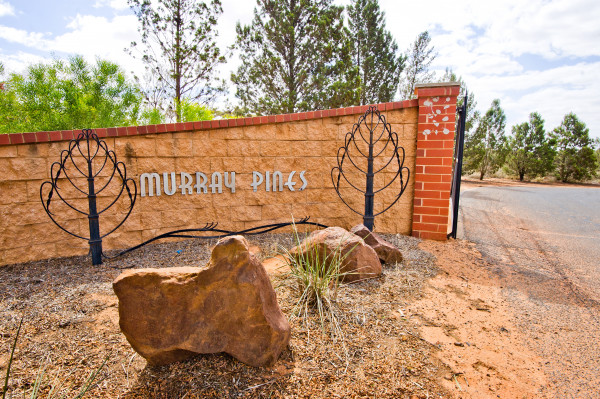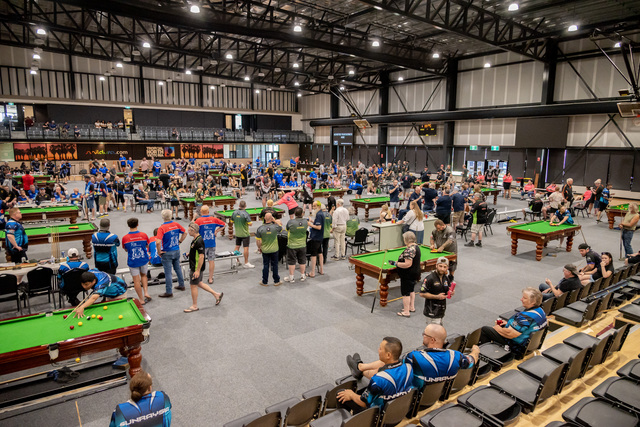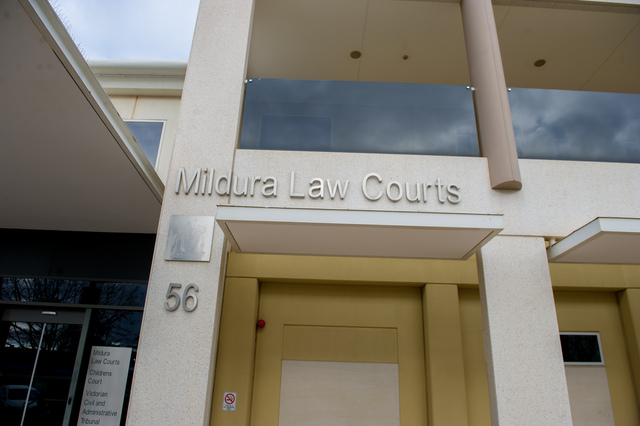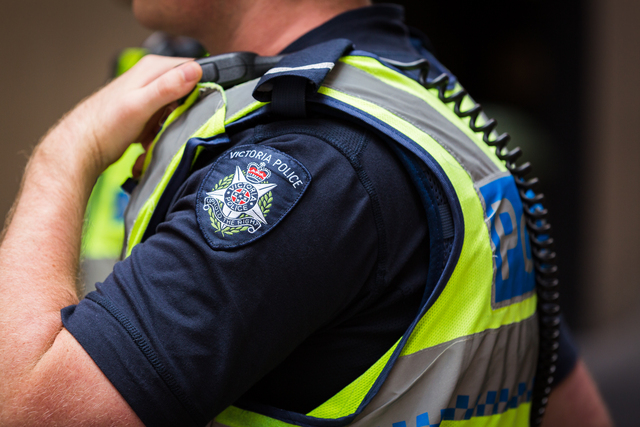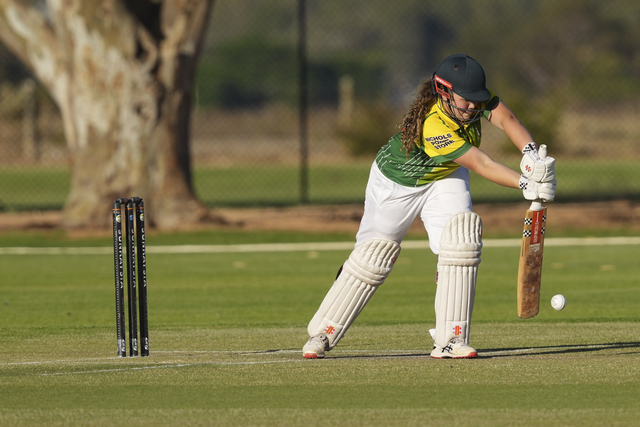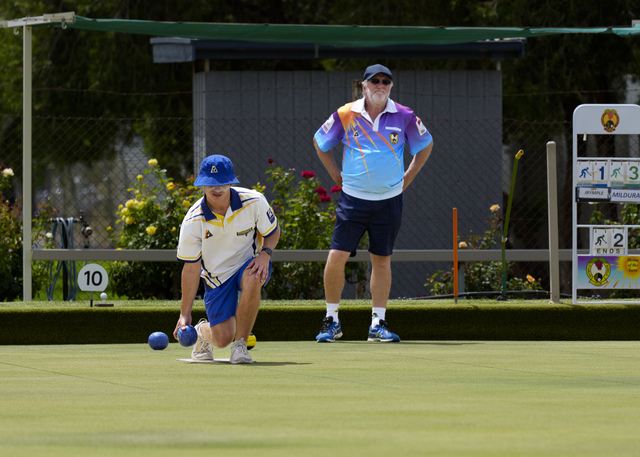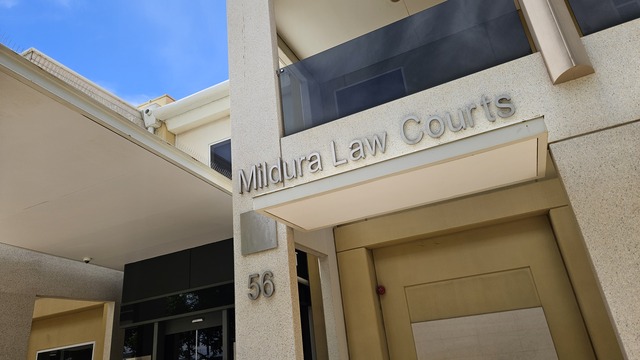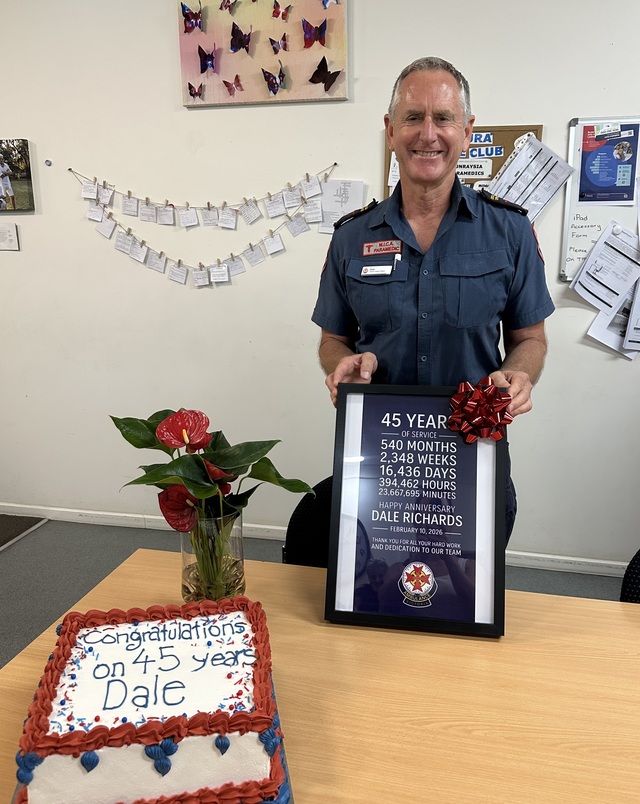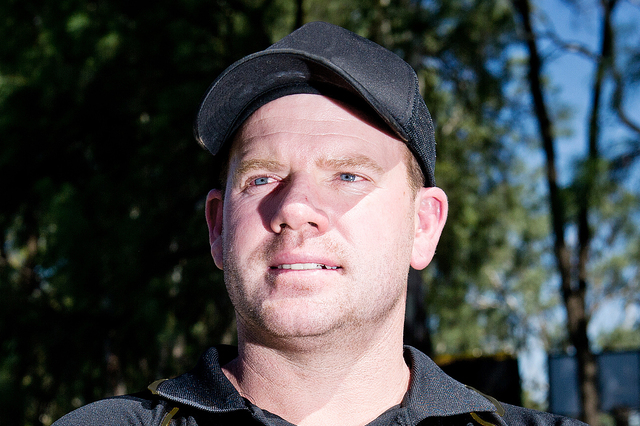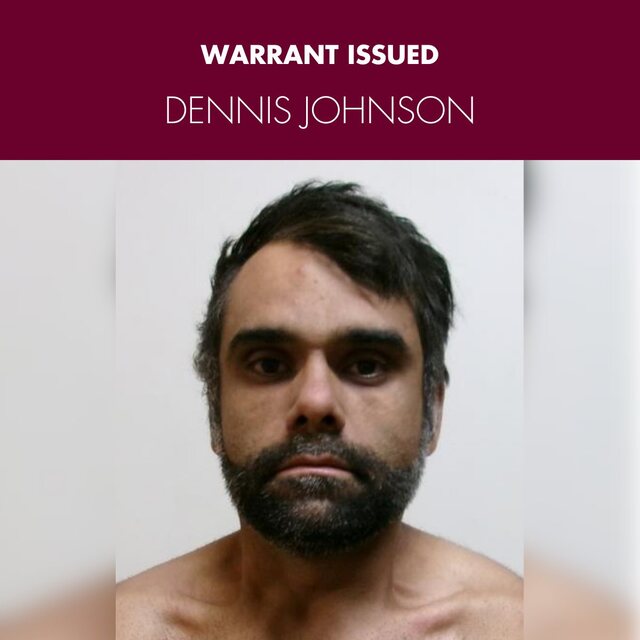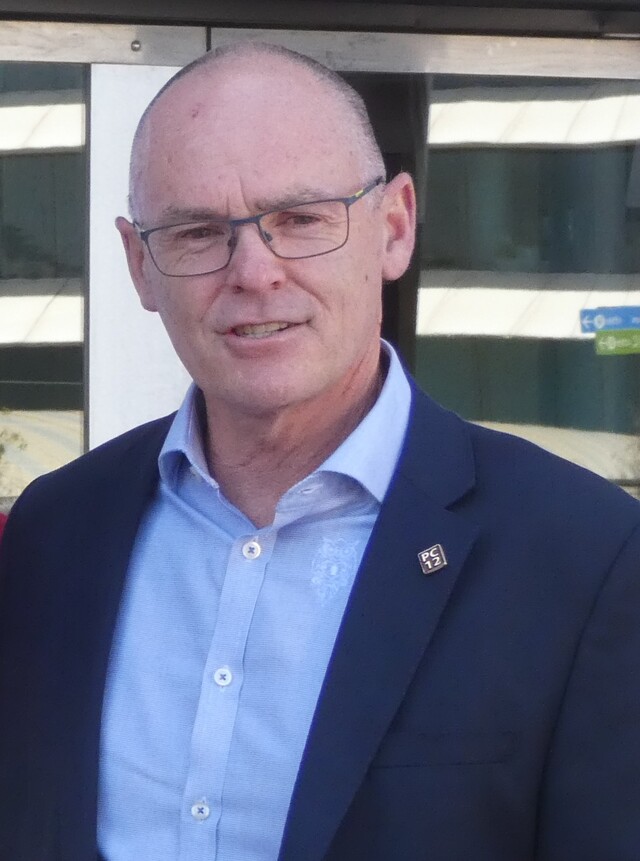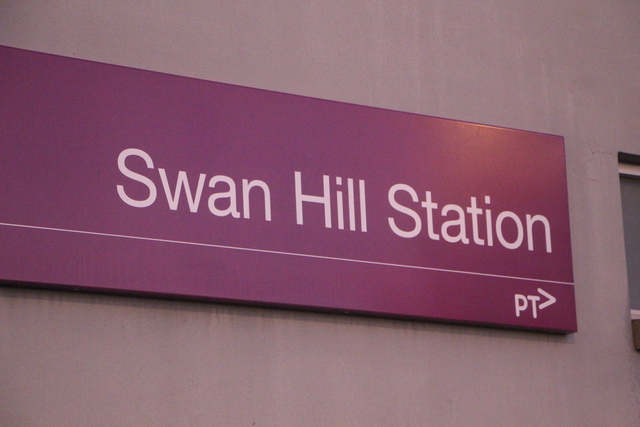BLURRED management roles at Mildura’s Cemetery Trust contributed to Darren Bock’s misconduct going under the radar for so many years, the Victorian Ombudsman’s report found.
Lack of manager supervision and discipline while Mr Bock allegedly conducted illegal exhumations, sold memorial chairs for financial gain and misused his position as team leader were concerns explored in the investigation.
“The essential linkages of operational management to the governance of the Trust appear to have been disconnected … allowing Mr Bock’s conduct to go unchecked,” the report found.
Based on the evidence collected over the investigation, the Ombudsman, Deborah Glass, recommended Mildura Council consider whether to take disciplinary action against Mr Bock’s manager.
But Mildura chief executive Sarah Philpott on Wednesday said the manager was still overseeing the Murray Pines and Nichols Point cemeteries as the trust’s accountable officer.
In vowing to accept all five of the report’s recommendations, Ms Philpott said the council was committed to working with the trust to resolve governance issues surrounding the cemeteries, explore training opportunities and seek a better arrangement and structure.
Mr Bock was first employed by Mildura Council in 1995 where he served as the sexton and cemetery team leader until his resignation in August last year.
The manager, who supervised Mr Bock from 2010, told investigators he had a “very good” working relationship with Mr Bock until he received complaints from other trust employees.
“My impression of his view a while back was that he respected me as his supervisor and would do as requested,” the manager submitted.
“I have had feedback from his staff contrary to that … that was that Darren would say, ‘This is my cemetery, I’ll run this how I want.’”
The evidence compiled in the report suggested the manager placed considerable trust in Mr Bock.
But the manager did not speak with Mr Bock — or take steps to inform the trust board or the council — after being told of Mr Bock’s attitude, the investigation uncovered.
Transcript of the conversation:
Interviewer: So Mr Bock was saying that he was the manager of the cemetery, effectively, not you?
Manager: Yes.
Interviewer: Did you, on learning that, communicate any concern in respect of that to other members of the council or the cemetery trust?
Manager: No, I don’t — no, not like it didn’t go to trust level, the cemetery trust level. I sort of kept that to myself to just keep a bit of an eye on it.
Interviewer: Okay. You didn’t take that information to Mr Bock and ask him to respond?
Manager: No, no, we didn’t.
In his submission, the manager said he was allocated two hours each week to attend to trust-related work, which highlighted the inability to actively oversee Mr Bock’s conduct and further blurred the management roles in who was in charge on a day-to-day basis.
While the manager submitted he told Mr Bock to stop selling memorial seating, he admitted other duties at the council took priority over his trust-related responsibilities and hindered his ability to manage him.
“The Manager’s oversight of Mr Bock was inadequate in ensuring that Mr Bock was complying with instructions not to install additional memorial seating,” the report concluded.
“In part, this can be attributed to the Manager’s physical separation from the operational work conducted by the Trust and his other responsibilities at council.
“The Manager also conceded that he was not familiar with the Trust’s procedures for exhumations when the events described in the case studies took place.”
- Cemetery man: ‘I was trying to do the best for the families’
- We understand distress over burials, say Aboriginal leaders
In one of the conclusions, the report found the trust board – comprised of Mildura councillors – relied on the manager to feed any information through to the board and viewed Mr Bock to have “primary authority” over operational matters.
“I suppose I see Darren as the manager of the operational side of it … or did. And then I suppose I put the manager more in the governance side of it,” current trust chair Min Poole submitted.
Ms Philpott said in a written submission to the Victorian Ombudsman both the council and the trust would work towards a “clearer and more accountable structure” to ensure the cemeteries are better managed.
Further submissions from the council also suggested a review be undertaken by the trust considering the council’s ongoing role in the management of the trust, appointing members other than councillors with relevant skills and additional training for trust staff.
“We will work our way through and ensure whatever the right structures are, are put in place for the future,” Ms Philpott said.
“The community can take confidence in the actions that have already occurred
“We will fix this.”

